Wet wipes have become a staple in many households, but they have also become a major source of pollution. In fact, wet wipes are one of the leading causes of blockages in sewers and waterways, and they can take years to break down in landfills. If you're looking for Eco-friendly alternatives to wet wipes, you're in luck. There are several options available that are better for the environment and for your health.
Are you tired of using wet wipes that harm the environment? Read on to discover the Eco-friendly alternatives that will revolutionize your personal hygiene routine.
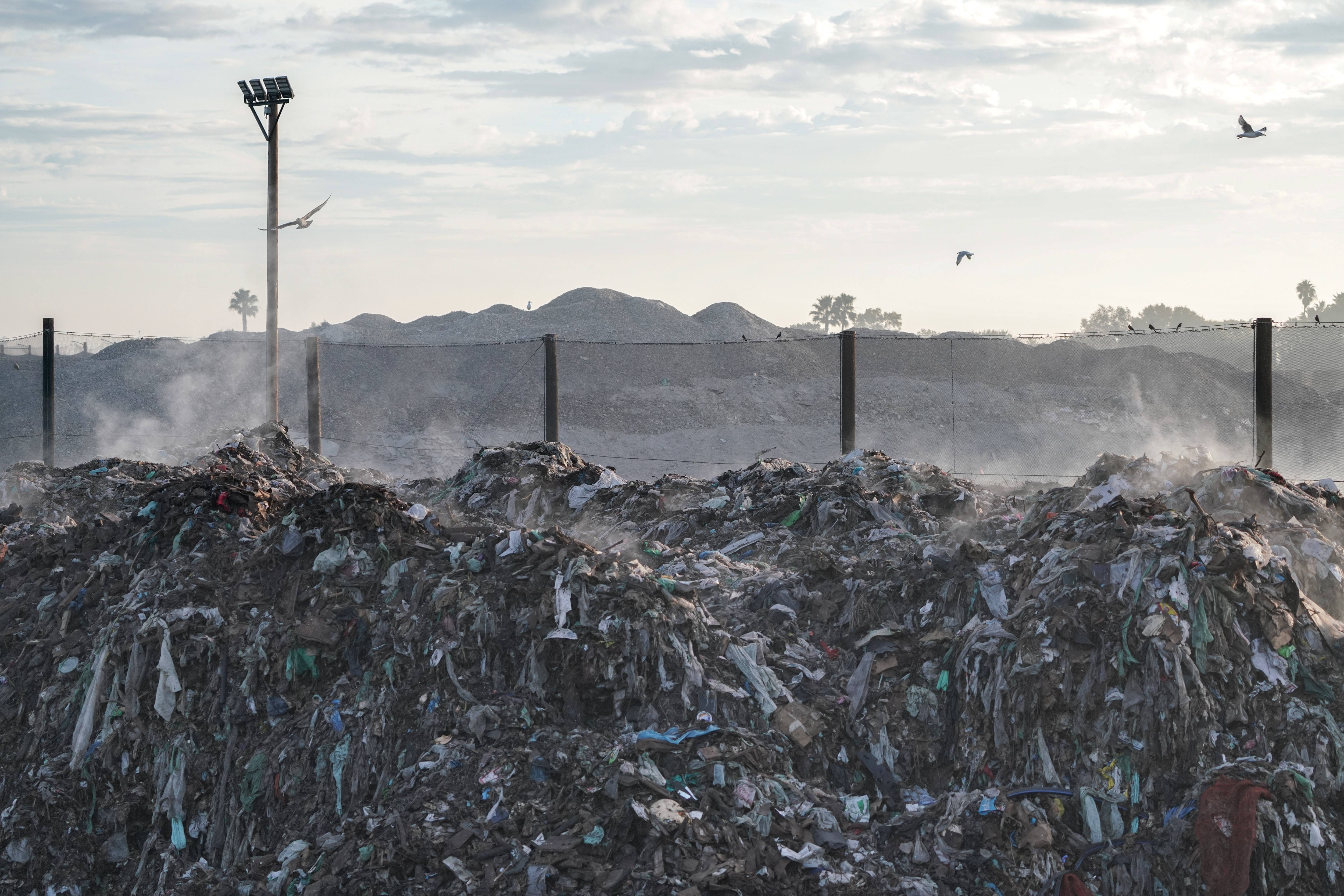
Wet wipes have been a popular personal hygiene product for years. From cleaning up after meals to refreshing yourself after a workout, these convenient wipes are a go-to for many people. However, they have become a major environmental concern due to their non-biodegradable materials and the amount of waste they produce. Fortunately, there are several eco-friendly alternatives to wet wipes that are not only better for the planet but also better for your health.
What are the environmental issues with wet wipes?
Wet wipes may seem harmless, but they have a significant impact on the environment. They are typically made from non-biodegradable materials such as plastic and polyester, which means they can take years to break down in landfills. Additionally, many people flush wet wipes down the toilet, which can cause blockages in sewers and waterways. These blockages can result in costly repairs and harm to wildlife.
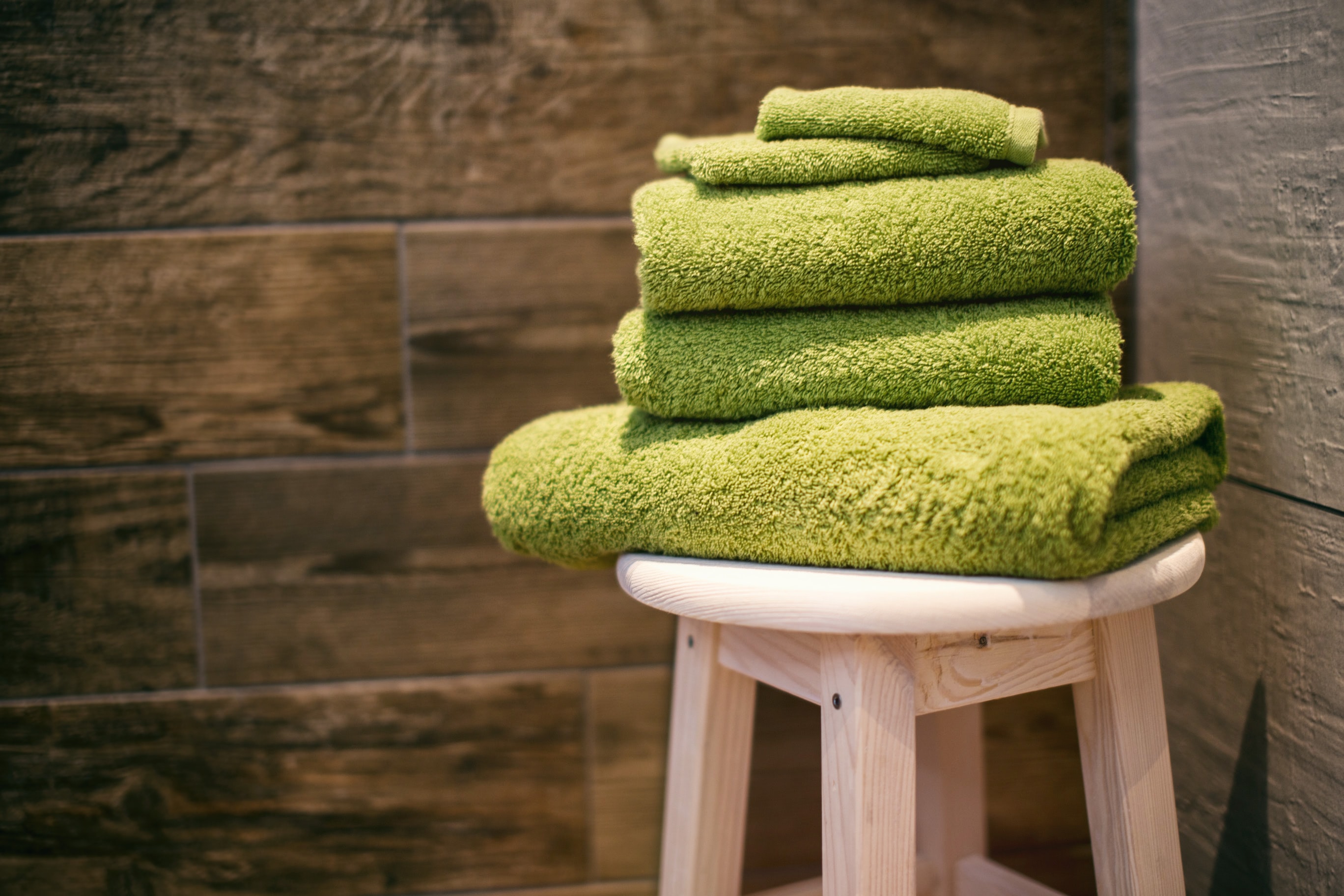
What are the Eco-friendly alternatives to wet wipes?
- Bamboo Wipes: Bamboo is a highly renewable resource that grows quickly and requires little water. Bamboo wipes are made from bamboo fibers, which are naturally anti-bacterial, anti-fungal, and hypoallergenic. They are also biodegradable and compostable, making them an excellent Eco-friendly alternative to traditional wet wipes.
- Microfiber Towels: Microfiber towels are another Eco-friendly alternative to wet wipes. They are made from tiny fibers that can clean and absorb moisture without the need for harsh chemicals. Microfiber towels can be used for cleaning surfaces, as well as for personal hygiene.
- Washcloths: If you're looking for a simple and cost-effective alternative to wet wipes, washcloths are a great option. They are reusable, easy to clean, and can be used for a variety of purposes. You can use them for washing your face, cleaning up spills, and even as a substitute for toilet paper.
- Biodegradable Wipes: For those who prefer the convenience of wet wipes, there are now biodegradable options available. These wipes are made from natural materials such as plant-based fibers and can break down quickly in landfills. Look for products that are certified as biodegradable to ensure that they meet strict environmental standards.
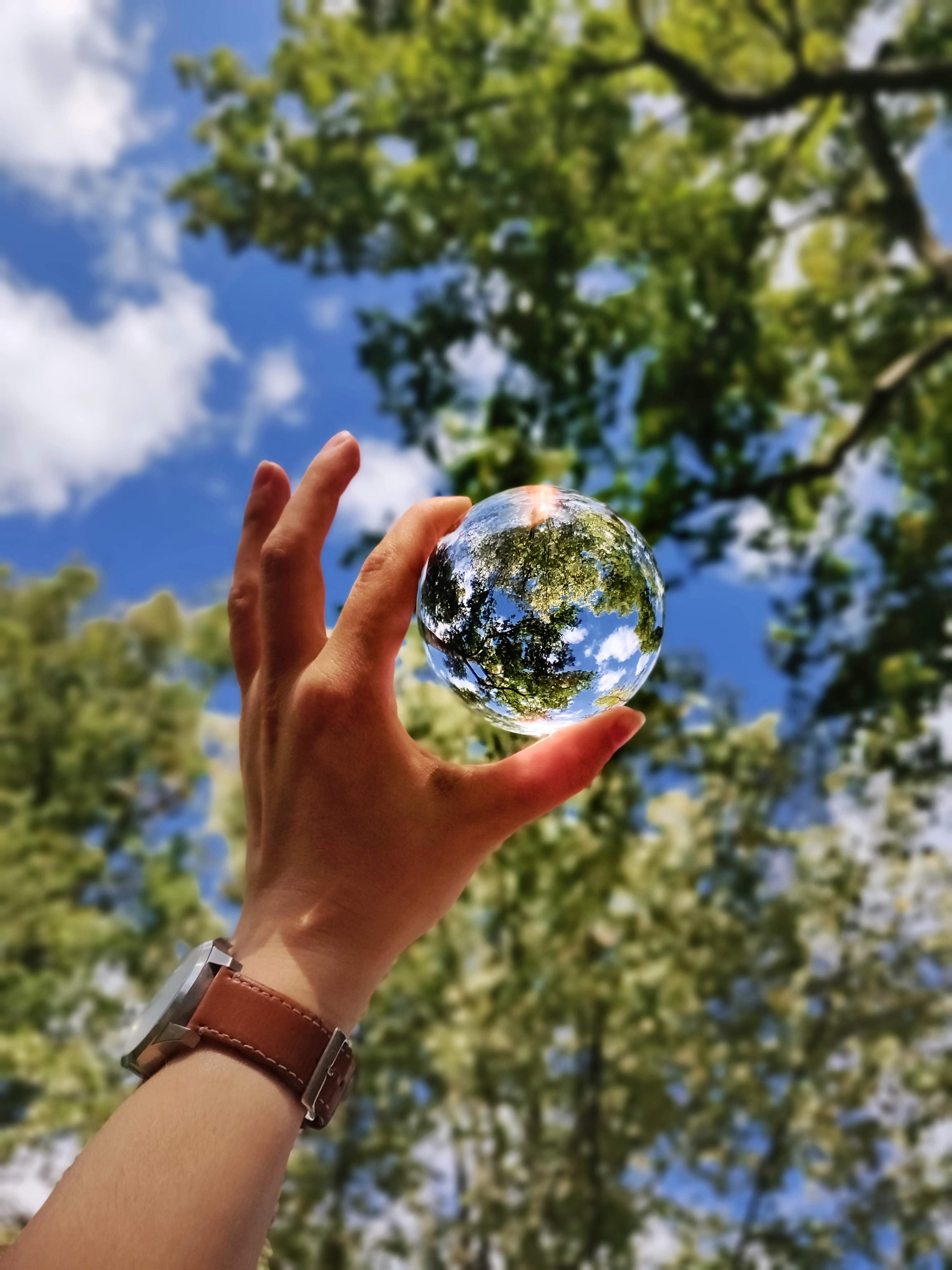
How can you incorporate Eco-friendly alternatives into your routine?
Incorporating Eco-friendly alternatives into your personal hygiene routine is easy. Start by swapping out your traditional wet wipes for bamboo wipes microfiber, or biodegradable towels. If you're not ready to make the switch entirely, consider using washcloths for certain tasks. You can also reduce your environmental impact by avoiding single-use products and investing in reusable options like cloth napkins and water bottles.
Wet wipes may be convenient, but they have a significant impact on the environment. Fortunately, there are several eco-friendly alternatives that are better for the planet and your health. By swapping out your traditional wet wipes for bamboo wipes, microfiber towels, or washcloths, you can reduce your environmental impact and take steps toward a more sustainable lifestyle. So, the next time you reach for a wet wipe, consider trying one of these eco-friendly alternatives instead.
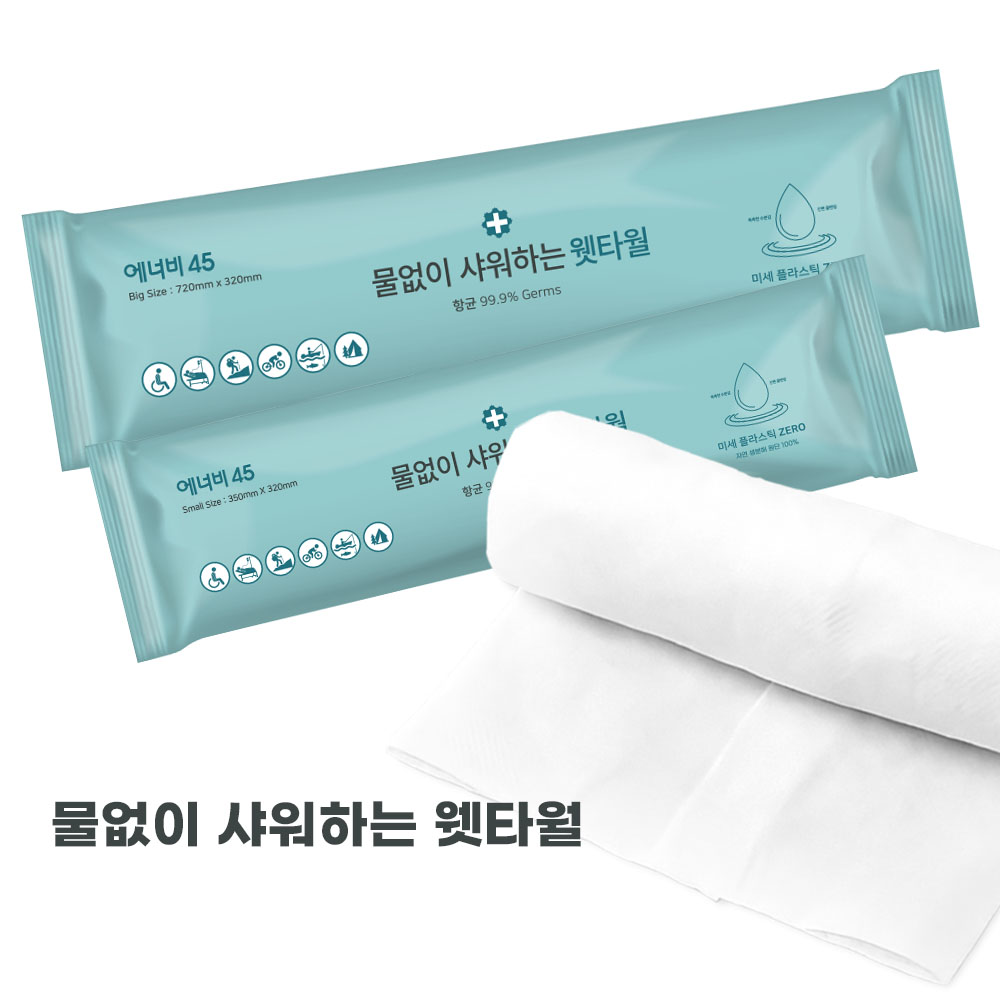

-20230316072046.png)

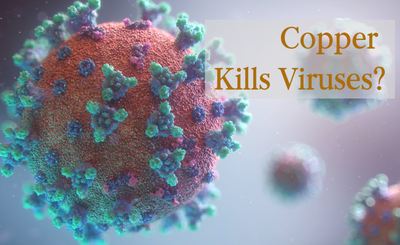
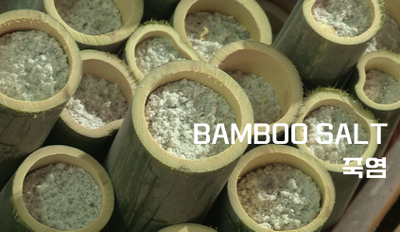


Comments: 0